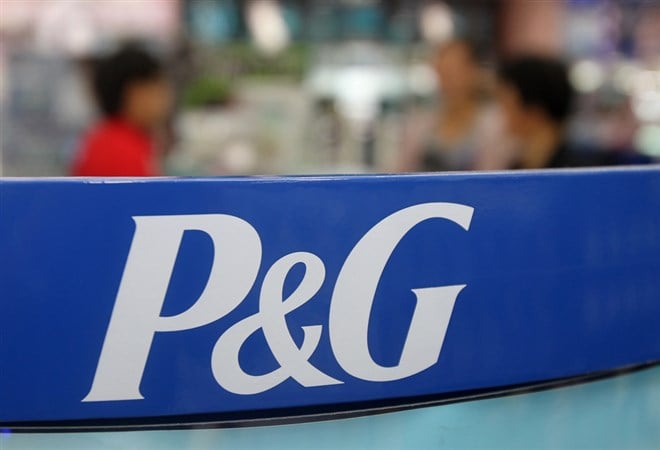
Even consumer staples juggernaut The Procter & Gamble Company (NYSE: PG) is susceptible to macroeconomic pressures.
In October 2022, the maker of Tide, Bounty, Oral B and many other household essentials missed quarterly earnings expectations. It ended a multiyear streak of Street topping profits — and pushed the stock below $130 and approximately $40 off its January 2022 record peak.
Since then, Procter & Gamble shares have rallied back above $150 thanks to a broad market uptrend and support from sell-side research groups. Last week, Raymond James praised P&G’s strategic pivot towards faster-growing products and gave the stock a $170 target.
Still, heading into Thursday morning’s fiscal Q2 earnings release, the company finds itself in unfamiliar territory following last quarter’s shortfall. With the bar set relatively low this time, a P&G earnings play could ‘clean up.’
How Did Procter & Gamble Perform in Fiscal 2022?
P&G’s fiscal 2022 concluded with the quarter that ended June 30, 2022, which was influenced by a combination of pandemic and inflationary factors. In the first half of the year, when stockpiling cleaning supplies was still a thing, sales reached record levels and profits matched early Covid levels. A more cautious consumer and higher expenses produced weaker results in the back half.
There is also an element of seasonality to consider with P&G. Historically, its financials have been stronger in the first six months of the fiscal year when summer barbecues and holiday spending are in full force. This is what makes this week’s report so important.
In fiscal Q1, organic revenue was up 7% year-over-year, but with volumes declining 3%, this was about price increases. It confirmed that P&G’s strong brand portfolio gives it pricing power but suggested shoppers are spending less and shifting to the cheaper private label stuff.
Factoring in negative foreign exchange effects reported sales were up just 1%. Add in higher commodity, transportation and packaging costs, and profits were down 2.5%.
Ahead of the Q1 earnings release, private investment group TRC Capital presented an unsolicited “mini-tender offer” to buy as many as one million P&G shares at a price of $118.63. This represented a 4.5% discount to where the stock was trading. Naturally, P&G recommended that shareholders reject the offer because of the inferior price and conditions associated with the tender.
While this was a temporary distraction for the company, it signaled to the market that TRC considered the shares undervalued. Interestingly, this helped establish a bottom for P&G, which has rallied more than 20%.
What Are Procter & Gamble’s Fiscal Q2 Earnings Expectations?
The themes of last quarter’s report — lower volumes, cost inflation and currency headwinds — will likely reappear in P&G’s January 19th update. Wall Street forecasts 1% and 5% declines in fiscal Q2 revenue and earnings, respectively.
The good news is 1) these are hurdles that P&G’s pricing power and efficiency initiatives can overcome and 2) as raw materials and distribution expenses moderate, bottom-line results are expected to improve in the second half of the year.
Analysts anticipate Q3 and Q4 profits to be up 2% and 8%, respectively. If earnings growth accelerates as expected, renewed faith in P&G shares and a run to fresh all-time highs could soon follow.
For fiscal 2023, management sees sales decreased by 1% to 3% and earnings per share (EPS) flat at 4%. For these estimates to be surpassed, the company will likely have to lean on categories performing best in this environment — home care, health care and beauty.
Is Procter & Gamble Stock a Good Investment?
Lost in P&G’s recent headline numbers is that market share is holding up well despite the threat of inexpensive generics. In fiscal Q1, more than half of the company’s top 50 categories held or gained market share. This speaks to the quality and brand recognition of P&G’s portfolio — and suggests families aren’t likely to deviate much from the products they’ve known and trusted for decades (if not generations). This is what makes P&G one of the most reliable equities available.
If last week’s assertion by ‘big banks’ is true, 2023 will bring a mild recession. Consumers may spend less on discretionary items to weather the storm and stick to the basics. Therefore, defensive names like P&G could continue to hold up relatively well while tech and other growth names remain out of favor.
Regardless of how the fiscal Q2 report moves the stock, P&G is never a bad idea as a long-term value holding. The unparalleled 67-year dividend hike streak alone puts it 'head & shoulders' above its blue-chip peers.

